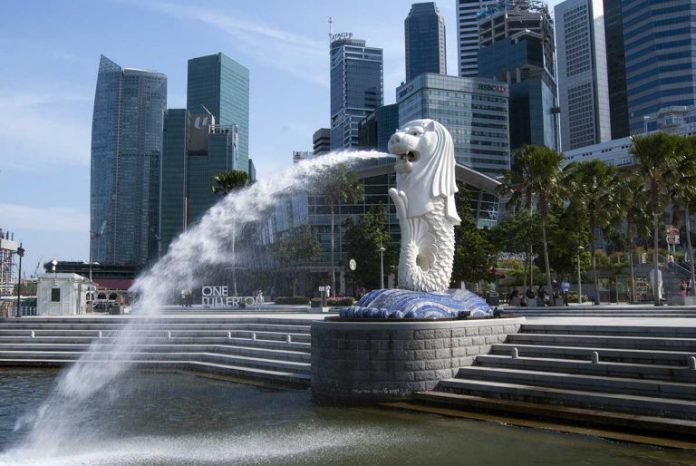Singapore joins the Global Destination Sustainability-Index (GDS-Index) with the support of Singapore Tourism Board (STB), building the country’s current sustainability efforts under Singapore Green Plan 2030 (SGP2030) – a nationwide movement to advance the city’s agenda on sustainable development.
This significant move sees the Southeast Asian country cementing its position as a sustainability performance improver and changemaker, alongside destinations in the region such as Bangkok and Sarawak. Other cities participating in the GDS-Index include Gothenburg, Copenhagen, and Glasgow.
The GDS-Index is a sustainability benchmarking and improvement programme for destinations around the world. It is used to assess current social and environmental performance of a destination annually, and, in turn, drive improved performance. The GDS-Index is a collaborative partnership between ICCA, ICCA’s Scandinavian Chapter, IMEX, ECM, and MCI Group.
Building on Singapore’s identity as a City in Nature, Singapore’s participation in the GDS-Index is aligned with the vision and targets of SGP2030, which has charted Singapore’s ambitions and targets over the next 10 years, strengthening Singapore’s commitments under the UN’s 2030 Sustainable Development Agenda and Paris Agreement. The commitment supports Singapore to be a more sustainable urban destination and positions it to achieve its long-term net zero emissions aspiration as soon as viable.
STB became a Global Sustainable Tourism Council (GSTC) member in October 2021 and strongly supports local tourism businesses in their sustainability journey.
Some of Singapore’s sustainability initiatives in tourism:
· In March 2022, STB and Singapore Hotel Association announced the launch of the Hotel Sustainability Roadmap, which sets out clear targets and strategies for Singapore hotels to adopt in their sustainability journey. The roadmap also lays out strategies and related initiatives that harness technology and innovation to help hotels achieve these targets. These include (but are not limited to):
- Tapping on STB funds such as the Business Improvement Fund to support sustainability initiatives that improve competitiveness and productivity, which may put hotels in a better stead to seek sustainability certification subsequently.
- Partnering innovative tech providers to co-develop sustainability-related industry pilots through Tcube programmes such as the Singapore Tourism Accelerator by STB.
- Developing innovative and best-in-class sustainable guest experiences with STB’s support via Experience Step-Up Fund.
- · Resorts World Sentosa continues to integrate sustainable practices in its operations, invest in innovative sustainable solutions, and engages their guests and partners through education and outreach programmes to promote environmental conservation.· Marina Bay Sands has imbued sustainability into the heart of its experiences, and recognises that it contributes to their top line. Since 2012, MBS has reduced its carbon footprint by over 30% through investments in an Intelligent Building Management System, Building AI data analytics, and other carbon tech efficiency measures.· Mandai Wildlife Group introduced its Mandai Environmental Sustainability Strategy and green procurement roadmap; while Sentosa Development Corporation launched a sustainability roadmap for Sentosa to achieve carbon neutrality by 2030 and become a globally recognised, certified sustainable tourism destination.
The Singapore Tourism Accelerator programme has also helped to match good tech and sustainability solutions with tourism businesses.
“Sustainability is a key priority for Singapore tourism because it is vital to our future and travellers are become increasingly aware of the impact of their consumption,” says Keith Tan, Chief Executive of STB. “Becoming a leading sustainable urban destination requires a long-term commitment from both the government and industry. That is why Singapore’s participation in the GDS-Index is important, as it focuses our collective efforts and helps us track our progress as a City in Nature, where large experiences come with small footprints.”















